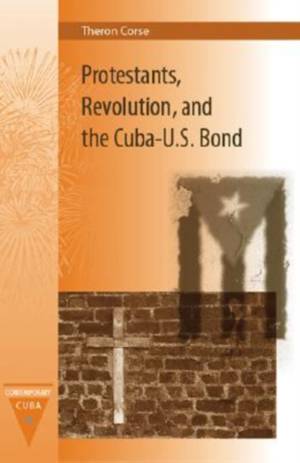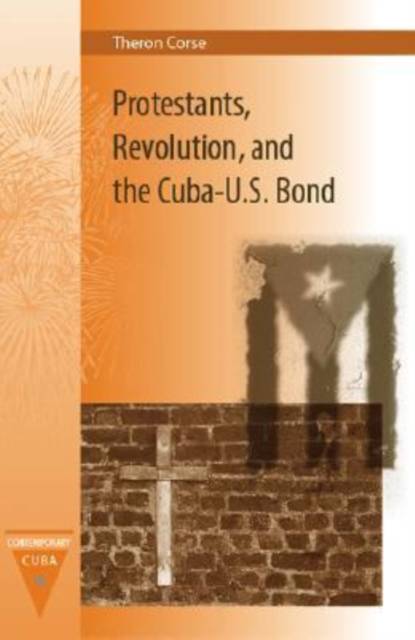
- Afhalen na 1 uur in een winkel met voorraad
- Gratis thuislevering in België vanaf € 30
- Ruim aanbod met 7 miljoen producten
- Afhalen na 1 uur in een winkel met voorraad
- Gratis thuislevering in België vanaf € 30
- Ruim aanbod met 7 miljoen producten
€ 83,95
+ 167 punten
Omschrijving
Takes a look at one aspect of civil society in Communist Cuba - the Protestant experience - and at continuing links between Cuba and the United States that do not focus on diplomatic issues.
Specificaties
Betrokkenen
- Auteur(s):
- Uitgeverij:
Inhoud
- Aantal bladzijden:
- 208
- Reeks:
Eigenschappen
- Productcode (EAN):
- 9780813031583
- Verschijningsdatum:
- 30/11/2007
- Uitvoering:
- Hardcover
- Gewicht:
- 436 g

Alleen bij Standaard Boekhandel
+ 167 punten op je klantenkaart van Standaard Boekhandel
Beoordelingen
We publiceren alleen reviews die voldoen aan de voorwaarden voor reviews. Bekijk onze voorwaarden voor reviews.









